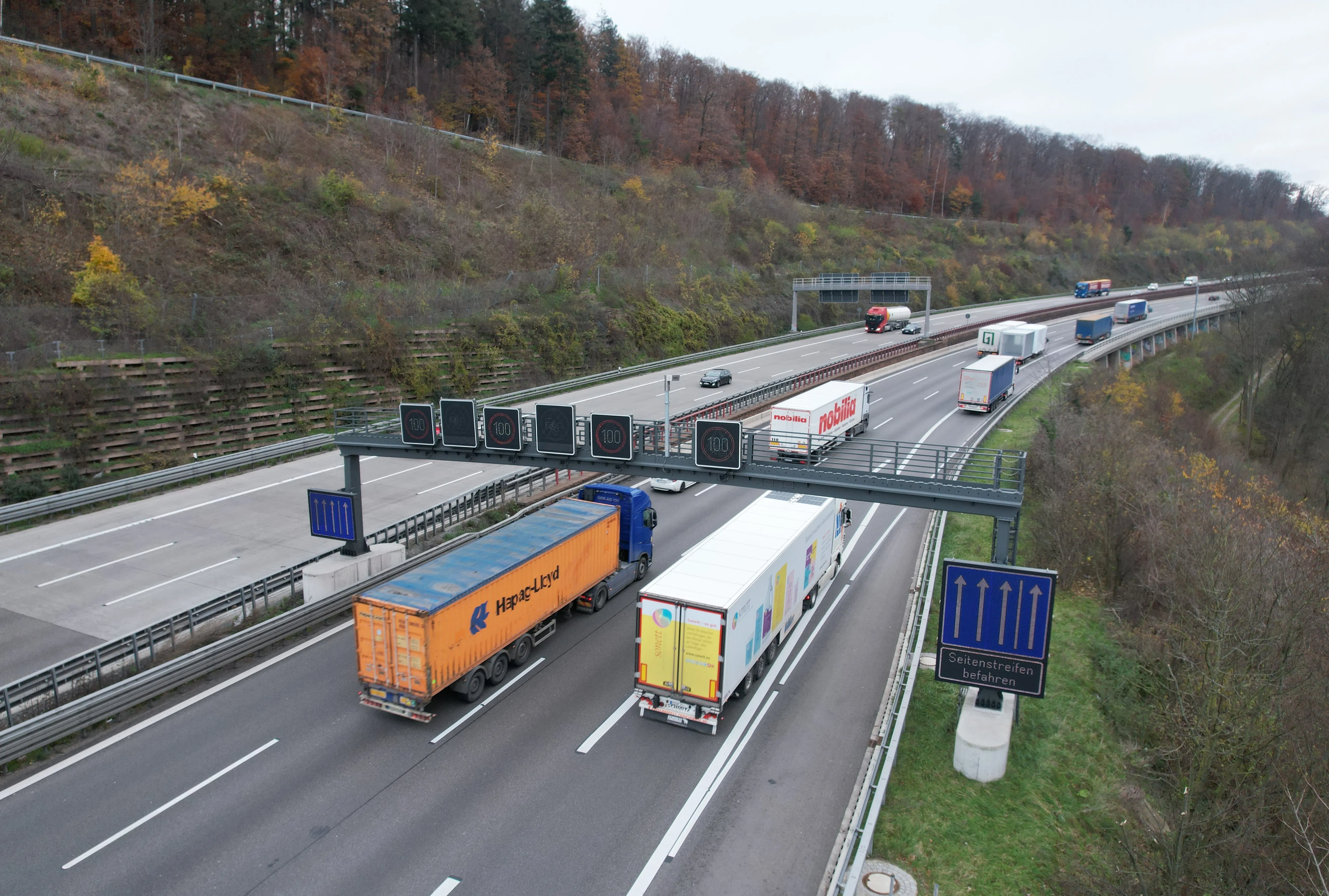Providing sophisticated advanced driver assistance systems (ADAS) like driver monitoring system, lane departure warning, intelligent headlamp control and traffic sign recognition to compact cars such as the Ford Focus or Citroen C4 has helped to bring down driver assistance systems from high-end cars to mass-volume compact cars.
March 21, 2012
Read time: 3 mins
Providing sophisticated advanced driver assistance systems (ADAS) like driver monitoring system, lane departure warning, intelligent headlamp control and traffic sign recognition to compact cars such as the 3423 Ford Focus or 3498 Citroen C4 has helped to bring down driver assistance systems from high-end cars to mass-volume compact cars.
According to Frost & Sullivan, technological developments such as the integration of radar and camera as well as sensor fusion between multiple applications are enabling a price reduction which may well lead to a 40 per cent penetration of ADAS in compact cars by 2018.
“ADAS is surely set to be more popular over the next decade as it will help achieve the1116 European Union's Transport Policy 2011–2020 which aims to reduce road fatalities by 50 per cent,” says Frost & Sullivan research analyst Manish Garg. “The growth of ADAS technology is certain as suppliers no longer stop with just developing a sensor for the premium vehicle segment and waiting for it to gain popularity. Instead, they take into account the requirements of all vehicle segments to develop a portfolio of sensors. To achieve the European Union's target, it is therefore important to develop more low-cost DAS technologies and enable a wider acceptance of the safety systems.”
According to the Accident Research of the4117 German Insurance Association (GDV), lane departure warning alone can prevent up to 15 per cent of road fatalities. Similarly, intersection assist can prevent up to 35 per cent of accidents in Germany.
Suppliers like3402 Continental, 4116 TRW and 3405 Bosch are working closely with OEMs right from product concept to developing low-cost ADAS systems such as lane departure warning, traffic sign recognition, intelligent headlamp control and driver monitoring for midsized and compact cars as these are the segments that will help achieve economies of scale and bring down the price.
Continental recently developed a low-cost integrated ADAS system capable of performing multiple functions such as lane departure warning, intelligent headlamp control and driver monitoring system. TRW's 24GHz forward-looking radar, a low-cost substitute for the camera, has been able to drive down the cost of DAS technology and is available as an option on the Lancia Delta hatchback. PSA3504 Peugeot Citroen on the other hand has been capable of developing multiple low cost ADAS for their cars.
“There is no reason to consider driver assistance as a luxury status symbol due to their high price and availability on high end luxury cars,” Garg believes. “Instead, a wider rollout of ADAS technology in European compact vehicles is expected over the next 2–3 years. Potential future regulations for ADAS systems following the truck and bus regulations already in place, and the introduction of insurance incentives would certainly assist in bringing DAS even to the compact and subcompact vehicles segment.”
“Sync revolutionised the infotainment market by bringing the hi-tech infotainment system to low-end cars; similarly, the low-cost multi-functional camera is set to revolutionise the safety market by bringing hi-end technology to compact cars,” concludes Garg.
According to Frost & Sullivan, technological developments such as the integration of radar and camera as well as sensor fusion between multiple applications are enabling a price reduction which may well lead to a 40 per cent penetration of ADAS in compact cars by 2018.
“ADAS is surely set to be more popular over the next decade as it will help achieve the
According to the Accident Research of the
Suppliers like
Continental recently developed a low-cost integrated ADAS system capable of performing multiple functions such as lane departure warning, intelligent headlamp control and driver monitoring system. TRW's 24GHz forward-looking radar, a low-cost substitute for the camera, has been able to drive down the cost of DAS technology and is available as an option on the Lancia Delta hatchback. PSA
“There is no reason to consider driver assistance as a luxury status symbol due to their high price and availability on high end luxury cars,” Garg believes. “Instead, a wider rollout of ADAS technology in European compact vehicles is expected over the next 2–3 years. Potential future regulations for ADAS systems following the truck and bus regulations already in place, and the introduction of insurance incentives would certainly assist in bringing DAS even to the compact and subcompact vehicles segment.”
“Sync revolutionised the infotainment market by bringing the hi-tech infotainment system to low-end cars; similarly, the low-cost multi-functional camera is set to revolutionise the safety market by bringing hi-end technology to compact cars,” concludes Garg.







